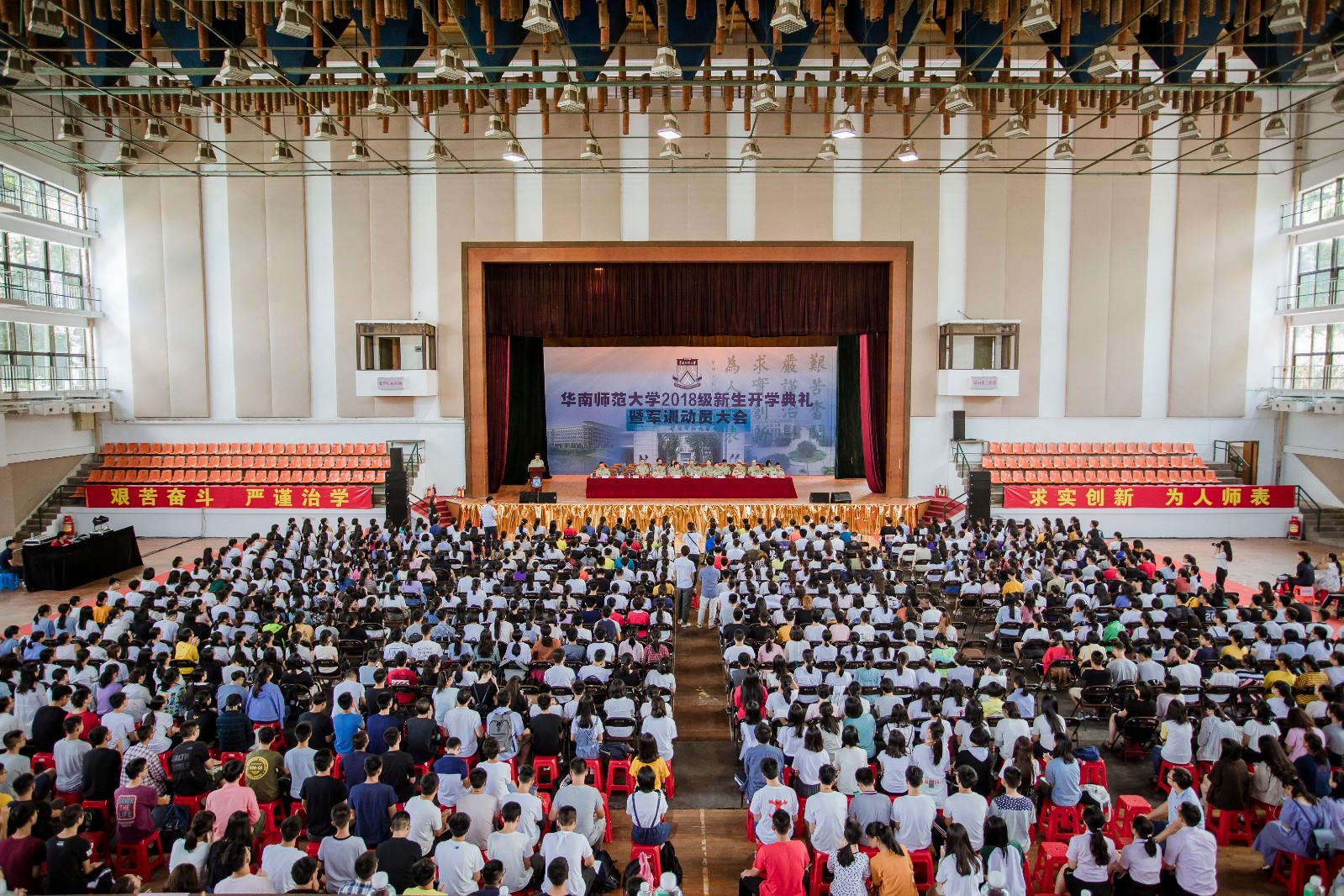
Likes
The pneumonia caused by novel coronavirus is a newly-found disease from which the public should strengthen prevention. In order to help foreigners understand and master the relevant knowledge of prevention, this guide has been compiled and translated according to the Public Prevention Notes provided by the Chinese Center for Disease Control and Prevention.
I. Reduce outdoor activities as much as possible
2. It is recommended to make less visits to relatives and friends and dining together during the epidemic prevention and control, and stay at home as much as possible. 3. Try to avoid visits to crowded public areas, especially places of poor ventilation, such as public bathrooms, hot springs, cinemas, internet bars, Karaokes, shopping malls, bus/train stations, airports, ferry terminals and exhibition centers, etc. II. Personal Protection and Hand Hygiene
1. It is recommended that a mask shall be worn when going out. A surgical or N95 mask shall be worn when visiting public areas, hospitals or taking public transportation.
2.Keep your hands sanitized. Try to avoid touching public objects and parts in public areas. After returning from public areas, covering your cough, using the restroom, and before meals, please wash your hands with soap or liquid soap under running water, or use alcoholic hand sanitizer. Avoid touching your mouth, nose or eyes when you are unsure whether your hands are clean or not. Cover your mouth and nose with your elbow when sneeze or cough.
III. Health Monitoring and Seeking Medical Attention
1. Monitor the health conditions of your family members and yourself. Measure your temperatures when you feel like having a fever. If you have kid(s) at home, touch the kid’s forehead in the morning and at night. Measure the kid’s temperature in case of fever.
2. Wear a mask and seek medical attention at nearby hospitals in case of suspicious symptoms. Go to medical institution in a timely manner in case of the suspicious symptoms relating to the pneumonia caused by novel coronavirus are found. Such symptoms include fever, cough, pharyngalgia, chest distress, dyspnea, mildly poor appetite, feebleness, mild lethargy, nausea, diarrhea, headache, palpitation, conjunctivitis, mildly sore limb or back muscles, etc. Try to avoid taking metro, bus and other public transportation and visiting crowded areas. Tell the doctor your travel and residence history in epidemic areas, and who you met after you got the disease. Cooperate with your doctor on the relevant queries.
IV. Keep Good Hygiene and Health Habits
1. Frequently open the windows of your house for better ventilation.
2. Do not share towels with your family members. Keep your home and tableware clean. Sun-cure your clothes and quilts often.
3. Do not spit. Wrap your oral and nasal secretion with tissue and throw it in a covered dustbin.
4. Balance your nutrition and exercise moderately.
5. Do not touch, buy or eat wild animals (gamey). Try to avoid visiting markets that sell live animals.
6. Prepare thermometer, surgical or N95 masks, domestic disinfectant and other supplies at home.
At present, there are 127 fever clinics in the 11 districts of Guangzhou. The 9 designated hospitals for emerging infectious diseases in Guangzhou are as follows:
Area | Hospital |
Provincial-level | Guangdong People’s Hospital |
Guangdong No.2 Provincial People’s Hospital | |
The 3rd Affiliated Hospital of Sun Yat-Sen University | |
Nanfang Hospital | |
The 1st Affiliated Hospital of Guangzhou Medical University | |
Guangzhou No.8 People’s Hospital | |
Guangzhou | The 1st Affiliated Hospital of Guangzhou Medical University |
Guangzhou No.8 People’s Hospital | |
Guangzhou No.1 People’s Hospital | |
Guangzhou Women and Children’s Medical Centre |
We have every reason to believe that the overwhelming victory on the battle against the epidemic is dawning with strong determination, concerted efforts as well as scientific and tailored measures. Thank you for your understanding and support!
Source from National Immigration Agency
Edited by Li Jianru
What to read next:










